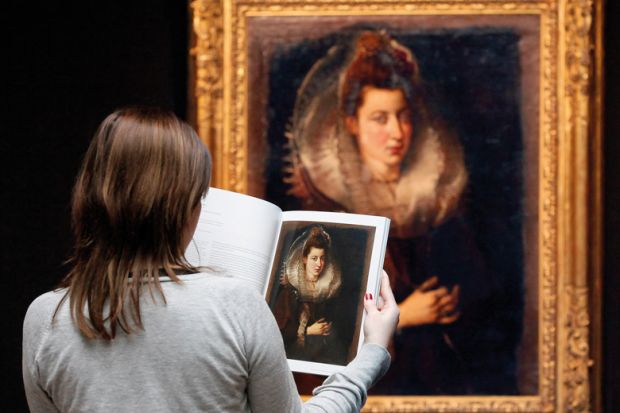Dutch students are considering taking legal action against their government in response to changes in student financing, in a move that could impact other countries that make higher education more expensive.
The Intercity Student Consultation (ISO) – the largest national student organisation in the Netherlands – said that government plans to increase the interest rate on student loans were contrary to an international treaty that states that higher education must be “gradually made free of charge”.
The policy change links the interest rate on student loans to the 10-year interest rate on government loans, which will give each student an average of €5,500 (£4,900) extra debt, according to the ISO. The loan system was introduced in 2014, replacing the previous system of grants and loans.
The International Covenant on Economic, Social and Cultural Rights, which was adopted by the United Nations General Assembly in 1966, says that “the states parties to the present covenant recognize that, with a view to achieving the full realization of this right…higher education shall be made equally accessible to all, on the basis of capacity, by every appropriate means, and in particular by the progressive introduction of free education”.
The covenant has 169 parties, including the UK. A further four countries, including the US, have signed but not ratified the covenant.
Rosa Freedman, professor of law, conflict and global development at the University of Reading, said that the covenant was legally binding for the parties but was centred on “progressive realisation”, meaning that different countries would be held to different standards depending on their level of development and amount of resources.
She said that the “big question” was if countries “can afford to provide [higher education] for free, or did provide it for free and then took that away, is the provision of student loans equivalent to free education or not. That’s where the legal case will be.”
Professor Freedman continued: “There’s definitely a case there about countries that introduce fees having had free education and countries that introduce loans and the rate of interest that [students are] paying or when they pay it back. But I don’t know which country would be the best test case.”
She added that if Dutch students took legal action and won there would not necessarily be a “direct precedent” for other countries with different student financing systems but “it would be good guidance for countries as to what the parameters of that [higher education] right is about”.
“Taking it to the UN treaty body that monitors the treaty would give the treaty body the opportunity to set out more broadly what this means for developed countries and higher education,” she said.
Hans de Wit, a Dutch professor and director of the Center for International Higher Education at Boston College, said that “the problem…is that the treaty was made and signed in a different time and circumstances”.
“Going to the court is an interesting initiative, and one can assume that the court will express some sympathy towards the initiative but will decide to leave it to politics,” Professor de Wit said. “But the action is part of the pressure on politics to abolish or at least drastically change the loan system.”
Register to continue
Why register?
- Registration is free and only takes a moment
- Once registered, you can read 3 articles a month
- Sign up for our newsletter
Subscribe
Or subscribe for unlimited access to:
- Unlimited access to news, views, insights & reviews
- Digital editions
- Digital access to THE’s university and college rankings analysis
Already registered or a current subscriber?








